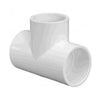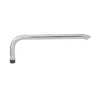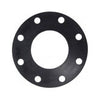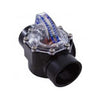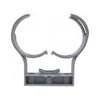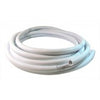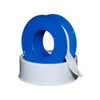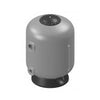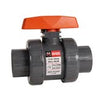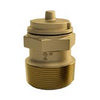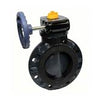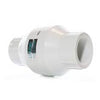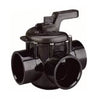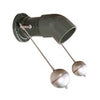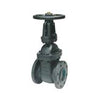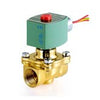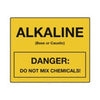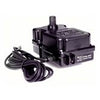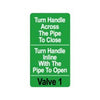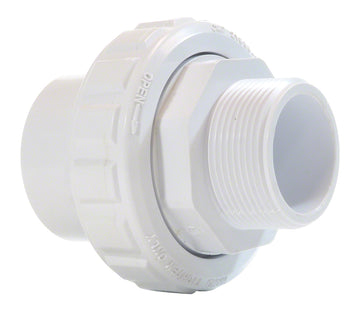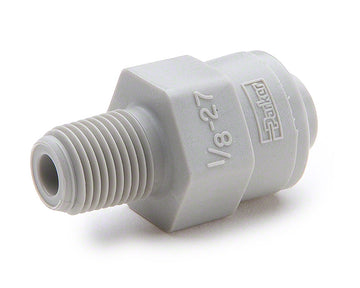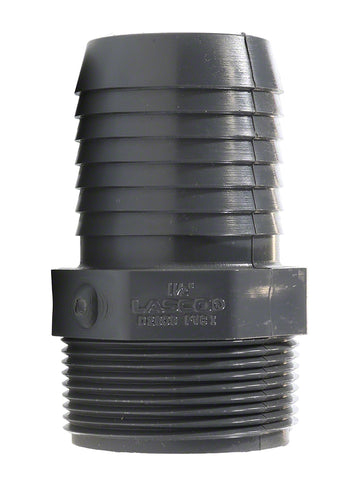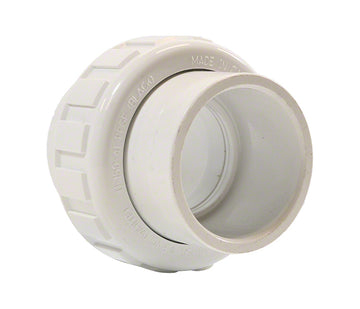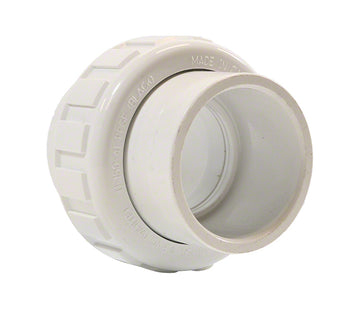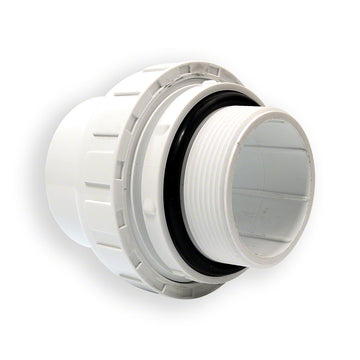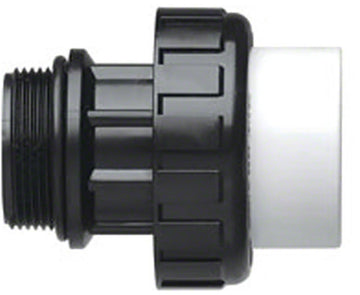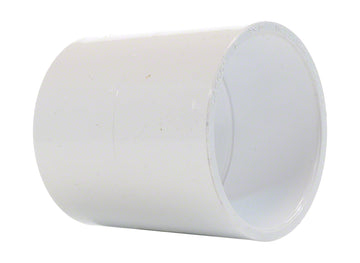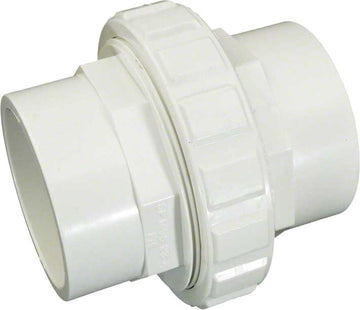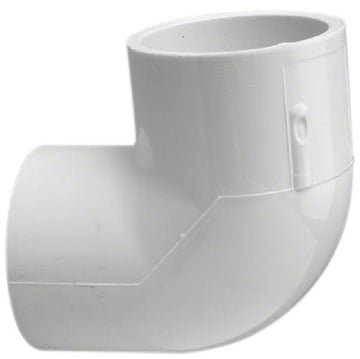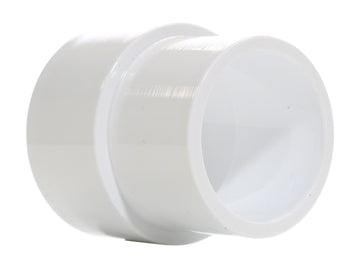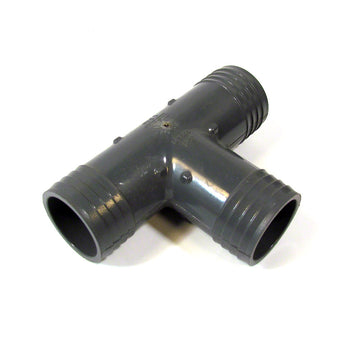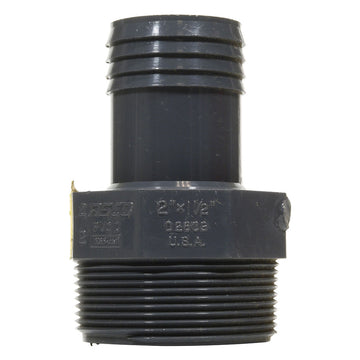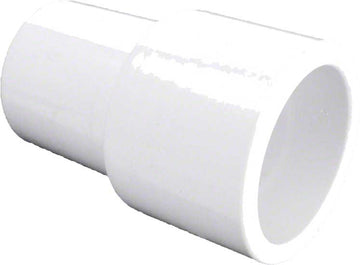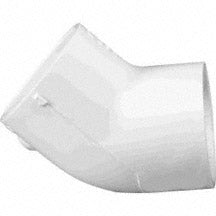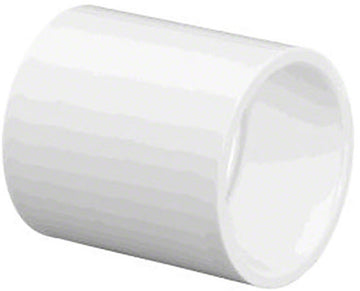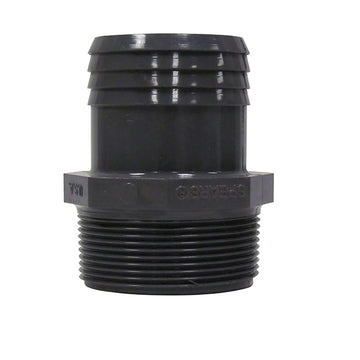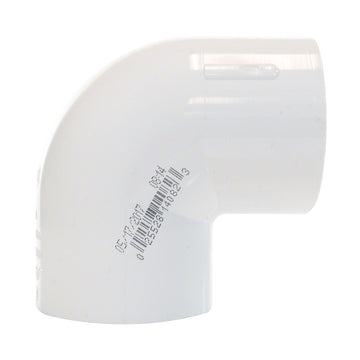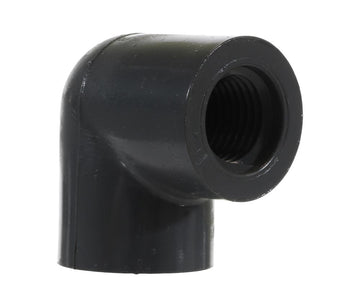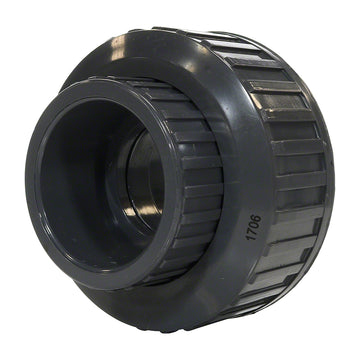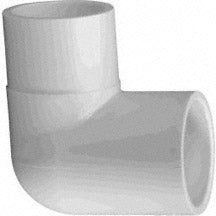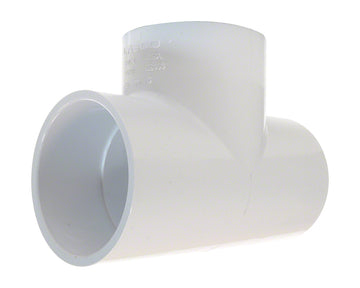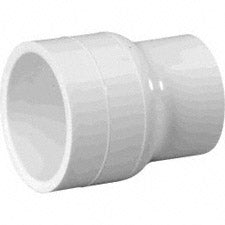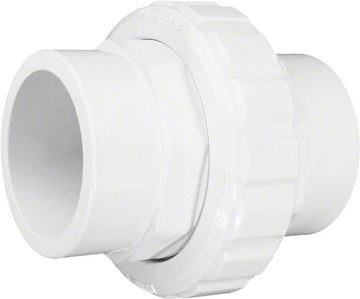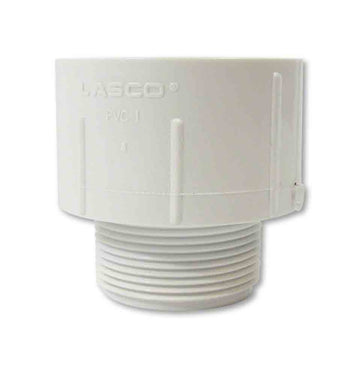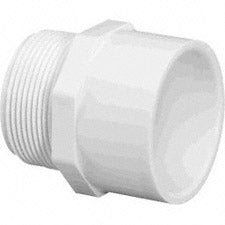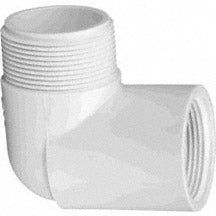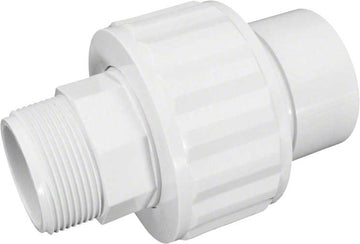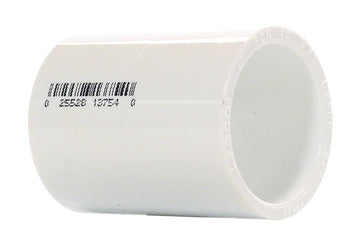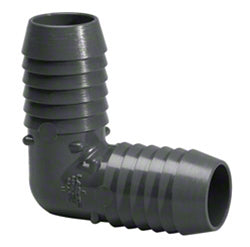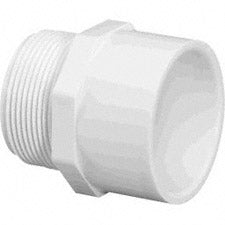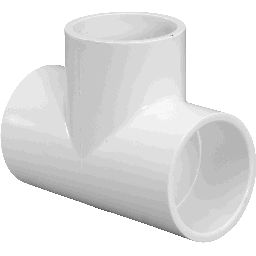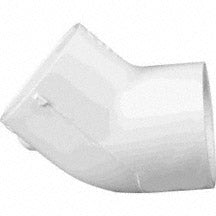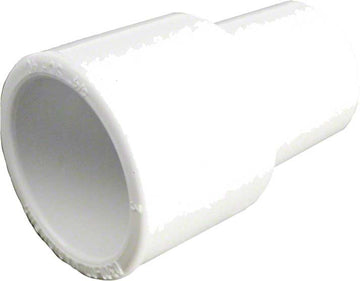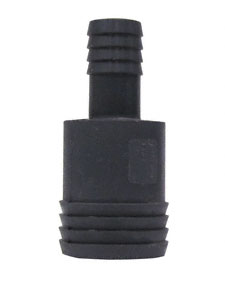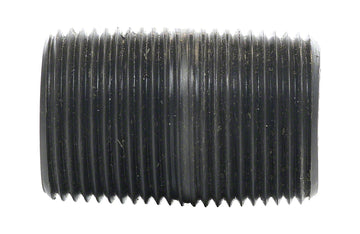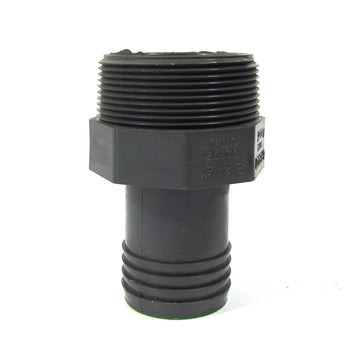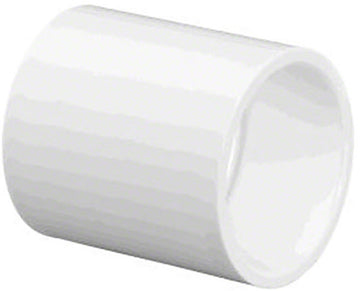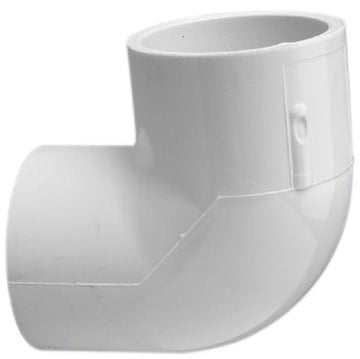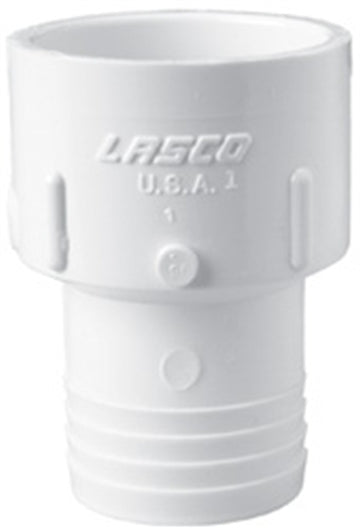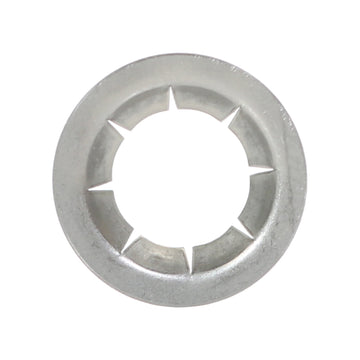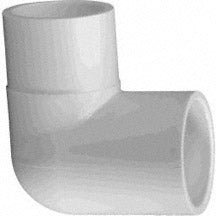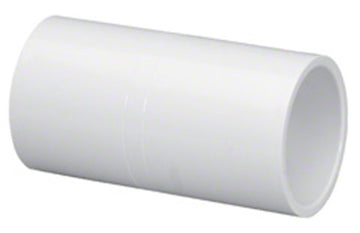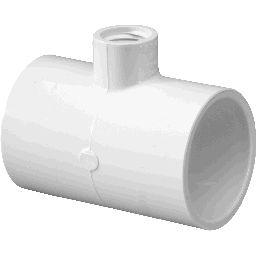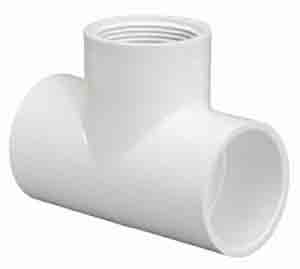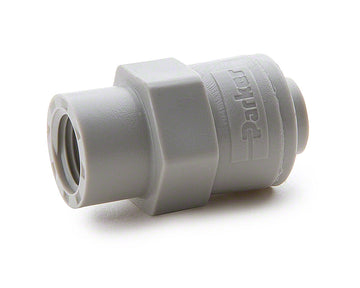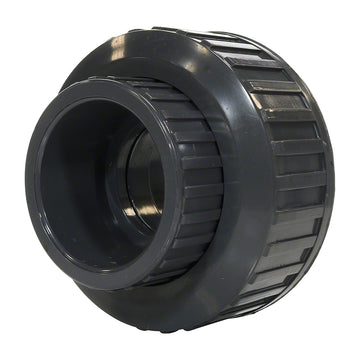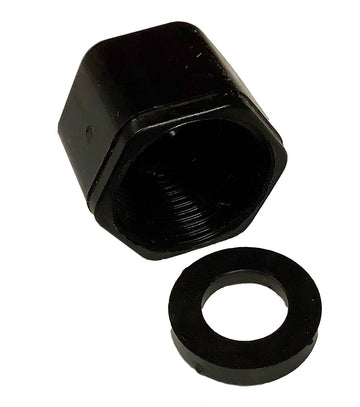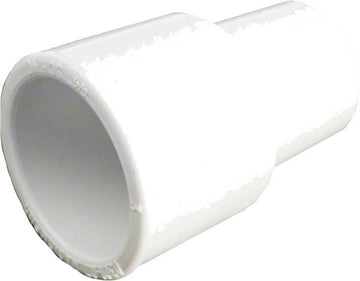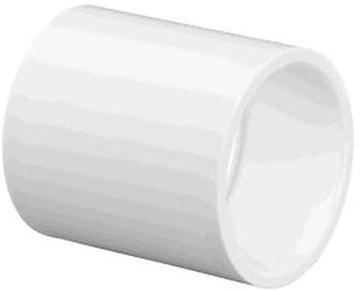Fittings
1071 ResultsPlumbing Fittings for Swimming Pools
Any pool and spa fitting you could possibly need for installation, maintenance or repair! Unions, tees, bushings, elbows, adapters, couplings and more, most available in Schedule 40 or Schedule 80; some available in brass.
What are the different types of pool PVC?
PVC, or polyvinyl chloride, pipes are widely used in various applications such as plumbing, irrigation, drainage systems but especially swimming pools. However, not all PVC pipes are created equal. Here are the differences between the various types of PVC pipes and the benefits of each.
Schedule 40 PVC Pipe: This is the most common type of PVC pipe used for residential pool plumbing. Schedule 40 PVC pipe has a thicker wall compared to other types, making it more durable and resistant to pressure. It is also relatively affordable, lightweight, and easy to install. This type of PVC pipe is suitable for carrying cold water, and it can withstand temperatures of up to 140°F (60°C).
Schedule 80 PVC Pipe: This type of PVC pipe is similar to Schedule 40 but has a thicker wall, making it stronger and more durable. This is typically used on commercial swimming pools. It can also withstand higher pressure and temperatures of up to 180°F (82°C). Schedule 80 PVC pipe is typically used in industrial applications where a higher level of strength and durability is required.
CPVC Pipe: Chlorinated polyvinyl chloride (CPVC) pipes are a type of plastic piping that is more heat-resistant than standard PVC pipes. CPVC pipes are suitable for carrying hot water and can withstand temperatures of up to 200°F (93°C). CPVC pipes are also resistant to chemicals, making them ideal for use in industrial applications. These types of pipes are usually used around pool heaters to handle the potential high temperature outputs.
PVC DWV Pipe: DWV stands for drain, waste, and vent, and this type of PVC pipe is designed for non-pressure applications in plumbing systems, such as drain and waste removal. DWV PVC is thinner than Schedule 40 or Schedule 80 PVC pipe and is not suitable for carrying pressurized water. However, it is still strong and durable enough to handle standard plumbing applications but never should be used in a swimming pool filtration system.
In summary, PVC pipes come in different types, each with its own unique set of benefits. Schedule 40 PVC pipe is ideal for residential and commercial plumbing, while Schedule 80 PVC pipe is used in industrial applications where a higher level of strength and durability is required. CPVC pipes are perfect for carrying hot water, and DWV PVC pipes are designed for non-pressure plumbing applications. Understanding the differences between these types of PVC pipes can help you choose the right one for your specific needs.







